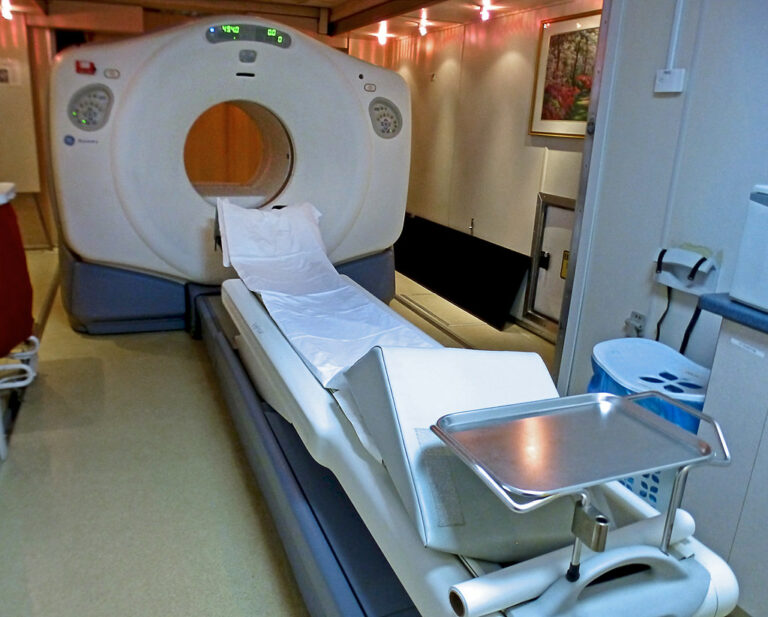
Gene Allele DR4 Fends off Alzheimer’s AND Parkinson’s
“The night after we found that out, I couldn’t sleep,” said Senior Researcher Dr. Emmanuel Mignot. 1 in 5 people have DR4.

“The night after we found that out, I couldn’t sleep,” said Senior Researcher Dr. Emmanuel Mignot. 1 in 5 people have DR4.

Medicare will fund a UCSF initiative that has been replicated across the country for its success in reducing ER visits and caregiver depression.

Studies have found an association between hearing loss and the development of dementia in older adults. Research also suggests that using hearing aids to treat hearing loss may help slow the development of cognitive problems.

A massive study of medical and genetic data shows that people with a particular version of a gene involved in immune response had a lower risk of Alzheimer’s and Parkinson’s disease.

Scientists at Oregon’s only public academic health center (OHSU) have discovered a new avenue of cell death in Alzheimer’s disease and vascular dementia.

A neuroradiologist at the Mayo Clinic in Jacksonville, FL warns that increased use of monoclonal antibody treatment for Alzheimer’s has also led to the discovery of amyloid-related imaging abnormalities — ARIA. Find out more.

Tau PET is an imaging test used to detect the presence of tau protein in the brain. Researchers say it’s the best way to predict the rate of cognitive decline due to Alzheimer’s.

Researchers at UCI found that breathing in aromas while sleeping sparks a 226% cognitive increase.

Alzheimer’s research from UVA Health suggests that enhanced light sensitivity may contribute to “sundowning” – the worsening of symptoms late in the day.

The future of millions at risk for dementia could change with the use of hearing aids. Learn more.

UNDERSTANDING DEMENTIA – VIDEO:
Blood moves through our body in tubes comprising “the vascular system.” See why vascular leaks or clogs trigger vascular dementia, stroke and heart attacks. Learn how to keep your vascular system clean, strong and healthy.

William Michael Morgan strums a proud, moving song by a young man that knows who his father with dementia truly is. Watch now.

CELEBRITY VIDEO + ARTICLE: Get the word out about Alzheimer’s & Brain Awareness Month. Raise awareness of the Alzheimer’s crisis, educate people on its realities, and help people live well with dementia.

Three important dementia studies focus on HS-AGING, a type of dementia almost as common as Alzheimer’s in the 85+ group. Yet few people have heard of it. Why? What makes it different?

An intriguing study of 120 grandmothers might surprise you. Doctors know socially engaged people have better cognition and less dementia. But can a person get too much of a good thing? What’s the right balance?

Enjoy this great duet between a musician with dementia and his son. A triumph of spirit over Alzheimer’s! Sing-a-long if you like!

It looks like a sneeze cannot give anyone Alzheimer’s. While Alzheimer’s abnormal disease proteins do spread from cell-to-cell, they are not “infectious”. Check out the facts.
No spam, only news and updates.